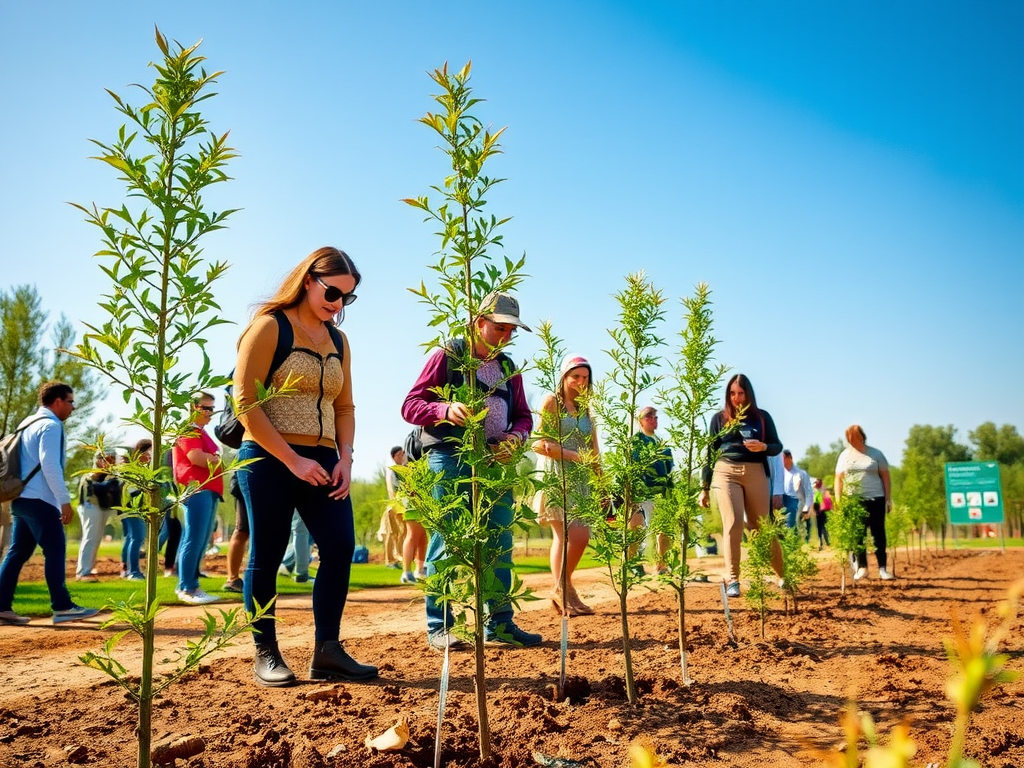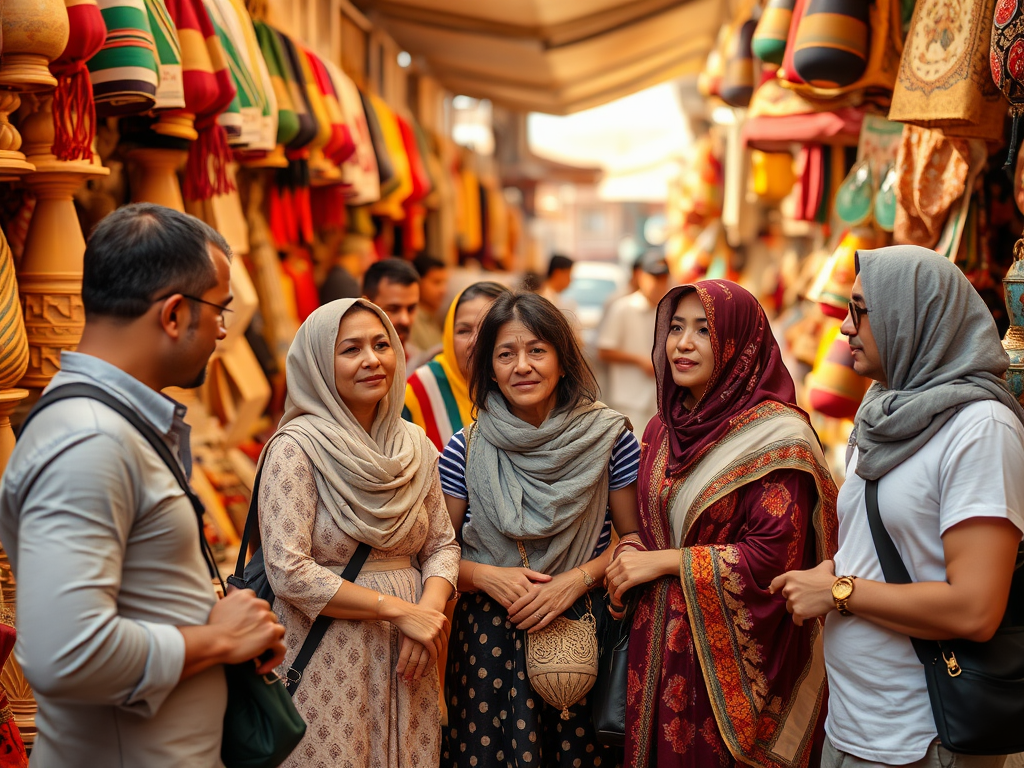Dubai is increasingly emerging as a leader in the realm of ethical tourism, focusing on responsible travel practices that enhance both visitor experiences and local communities’ well-being. The city has made significant strides in promoting sustainable travel options, cultural preservation, and community-based initiatives. This article will explore the various aspects of Dubai’s ethical tourism market, its key drivers of growth, and the opportunities it presents for travelers and local stakeholders alike.
Understanding Ethical Tourism

Ethical tourism refers to a responsible travel experience that aims to protect the environment, respect local culture, and improve the economic well-being of the destinations visited. In Dubai, ethical tourism encompasses a range of practices that prioritize sustainability and social responsibility. The main components of this concept include:
- Environmental Sustainability: Initiatives that minimize the environmental footprint of tourism.
- Community Engagement: Involving local populations in tourism activities and decision-making processes.
- Cultural Preservation: Supporting local art, traditions, and cultural heritage.
- Responsible Wildlife Tourism: Ensuring humane and ethical treatment of wildlife.
- Fair Trade:** Promoting local businesses and artisans while ensuring fair labor practices.
Several factors have contributed to the significant growth of the ethical tourism market in Dubai. Central to this growth is the strong emphasis placed by the government and tourism authorities on sustainability. They have initiated numerous policies and programs to promote responsible tourism practices. Furthermore, increased awareness among global travelers about the impacts of their journeys on local communities and ecosystems has propelled this trend forward. The large number of expatriates and cultural diversity in Dubai fosters an environment where responsible tourism resonates with both locals and visitors. Lastly, various international organizations and NGOs have become increasingly involved in promoting ethical tourism initiatives, providing support and resources to local stakeholders.
Dubai’s Sustainable Initiatives

Dubai has undertaken various initiatives to cement its position as a hub for ethical tourism. Some prominent initiatives include:
- Sustainable Tourism Regulations: Establishing guidelines for hotels and travel companies that prioritize eco-friendly practices.
- Green Building Standards: Encouraging the development of energy-efficient accommodations.
- Community-Based Programs: Supporting local artisans and small businesses through tourism incentives.
- Wildlife Conservation Efforts: Launching programs to protect and rehabilitate local wildlife.
- Awareness Campaigns: Educating tourists and residents about the importance of ethical travel practices.
The Economic Benefits of Ethical Tourism
The expansion of the ethical tourism market in Dubai not only benefits the environment and local communities but also provides significant economic advantages. As more visitors seek authentic experiences, the demand for local services and products increases. This surge in demand helps create jobs and promotes entrepreneurship among local populations. Moreover, ethical tourism encourages travelers to invest in local communities rather than large multinational corporations, ensuring that a more significant portion of travel spending remains within the local economy. The result is a more resilient economic landscape that can support sustainable growth and development in the long term.
Challenges Facing Ethical Tourism in Dubai
Despite the promising growth of Dubai’s ethical tourism market, certain challenges persist. For one, there is a continuous need for education and awareness among both tourists and local businesses about what constitutes ethical tourism. Additionally, the rapid growth of mass tourism can inadvertently overshadow the smaller, ethical initiatives that are struggling to gain traction. Balancing development with sustainability is another significant challenge, as construction and commercial endeavors often threaten natural habitats. Lastly, ongoing coordination between various stakeholders is essential to ensure that ethical tourism practices are adhered to and continuously improved.
Conclusion
Dubai’s ethical tourism market is on an upward trajectory, driven by a combination of government initiatives, growing traveler awareness, and community engagement. As more visitors seek authentic and sustainable experiences, Dubai has the opportunity to position itself as a global leader in ethical tourism, benefiting both its residents and the environment. Nonetheless, navigating the challenges and ensuring a harmonious integration of tourism with local needs remains crucial for long-term success.
Frequently Asked Questions
1. What is ethical tourism?
Ethical tourism refers to responsible travel practices that prioritize environmental sustainability, cultural preservation, and the economic well-being of local communities.
2. How is Dubai promoting ethical tourism?
Dubai promotes ethical tourism through sustainable regulations, community-based programs, and awareness campaigns aimed at both tourists and local businesses.
3. What are the economic benefits of ethical tourism in Dubai?
Ethical tourism in Dubai helps create jobs, fosters entrepreneurship among locals, and keeps a more significant portion of tourist spending within the local economy.
4. What challenges does Dubai face in ethical tourism?
Challenges include the need for awareness education, balancing development with sustainability, and ensuring collaboration between various stakeholders.
5. How can travelers engage in ethical tourism while visiting Dubai?
Travelers can engage in ethical tourism by choosing eco-friendly accommodations, supporting local businesses, respecting cultural practices, and participating in community initiatives.
